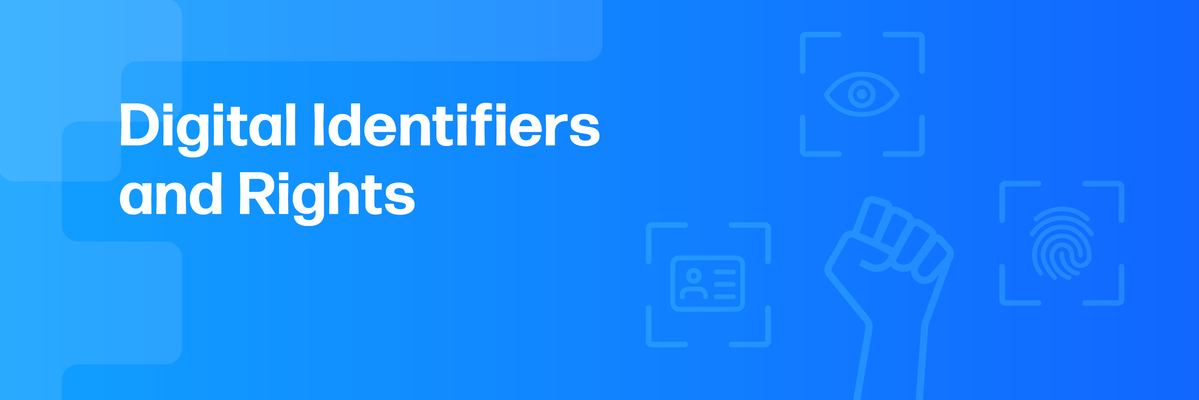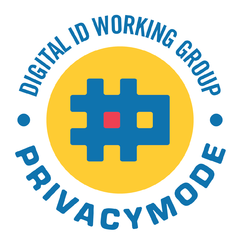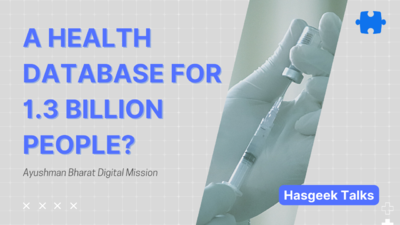Digital ID and Identifiers working group
@digital_id
Digital ID WG is an initiative to examine the design, deployment and growth of digital identifiers in the domain of large citizen centric projects.
- Joined Sep 2022
The Digital ID and Identifiers Working Group is an initiative to examine the design, deployment and growth of digital identifiers in the domain of large citizen centric projects.1 It attempts to observe the various ecosystems, economic models and socio-economic dynamics which are generated as public-private collaboration creates massively expanded systems of digital identity. The approach adopted for this examination is a rights based one - putting the human first and determining whether the services empower the citizens with rights.
The unique nature of digital identifiers (including digital ID) based systems built through a diverse set of partnerships require a wide range of participants to explore this topic. In order to accumulate the knowledge from a fair, balanced and comprehensive manner this project will be seeking engagements from grant making organisations; venture capital firms; private enterprises; not for profit initiatives; non governmental organisations; governments and other stakeholders to cover the range of topics highlighted in the below topic map:
The following outcomes are expected from the project:
- Sessions with Practitioners - conducted by industry participants and individuals who are leading projects around digital identifiers or providing expert guidance to agencies and governments. These sessions are designed to create a baseline understanding of the digital transformation and how things are “now”
- Review of Policies - built through community contributions the body of work around policy review is designed to offer constructive critique and recommendations around policies focused on data governance, services deployment and data privacy for citizen centric initiatives including digital identifiers
- Interim report - emerging from the inputs of practitioners, domain experts and the community the interim report serves to blend a review of the discussions as well as present a set of best practices around the themes covered in the project
- Conference - bringing together all stakeholders and additional invited experts to look ahead on a range of selected themes and topics in order to create better decision making by policy makers.
Upcoming
-
Digital ID and Identifiers working group
Digital Health Records and Patient Data: Exploring the digitization of data, end-uses and responsible design
Online -
Digital ID and Identifiers working group

Literature Reviews
Literature Reviews: Reviewing published literature on the topic of digital identifiers
Online
Past videos
Past sessions
| Date | Session | Location |
|---|---|---|



